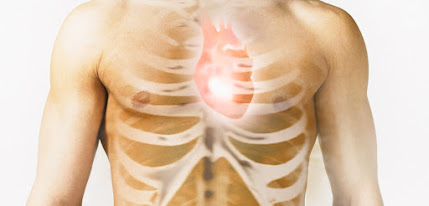Global chewing gum sales are expected to reach $48.68 billion in 2025, but there are downsides to gum chewing to be aware of
If you chew gum excessively, it signals to your body that it’s time to digest food when it’s really not, which could have health implications
When you chew gum, it may increase the amount of air and saliva that you swallow, leading to bloating, pressure on the stomach and possibly worsened acid reflux symptoms
Gum is essentially made of plastic and often contains titanium dioxide (TiO2) nanoparticles, artificial colors and other harmful additives
Chewing gum is also linked to headaches and temporomandibular disorders, and poses a significant threat to the environment due to plastic pollution
Read the full analysis
Subscribe to Mercola for more news & videos






